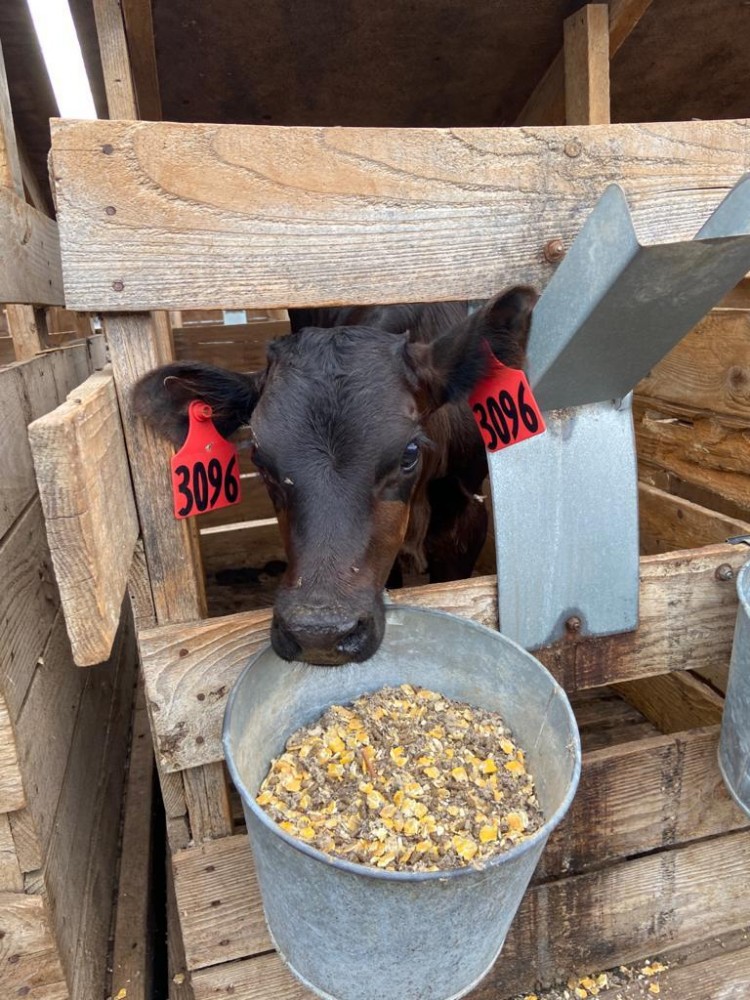Mating Decisions for Beef x Dairy Crosses Just as Important as Conventional
Mating Decisions for Beef x Dairy Crosses Just as Important as Conventional by Dairy Nolan - Dairy Herd Management
To access the original article click here
The use of beef semen has become increasingly popular over the past five years. In 2017, 2.4 million units of beef semen were sold to dairy producers in the U.S. That number is over 5 million units today. Breeding dairy cattle using beef semen started as a way to increase the profit for dairy steers by producing a black-hided calf. However, over the past few years, we have learned that mating decisions for beef x dairy crosses may be just as important as conventional mating decisions. Below are considerations for sire and dam selections when adopting a beef x dairy crossbreeding program.
Sire Selections
Bull selections should meet the following needs of the dairy operation and the feedlot operation in which the offspring will enter.
Conception Rate - A 1% decrease in the conception rate can cost a dairy farm around $25 per cow. Consider choosing bulls with acceptable conception rates that meet the other breeding goals.
Calving Ease - Selections for calving ease can be a little more forgiving than conventional selections. Producers can select from the top 25% of calving ease beef sires because dairy cows commonly give birth to larger farmed dairy calves.
Frame Size - The common issue that feedlots have with dairy steers and even early beef x dairy crosses is their large frame size. A larger frame size takes more time to fill out. Selecting for a smaller frame (bulls with frame scores under 5) can lead to smaller animals that are more feed efficient.
Ribeye Area - Though well-finished dairy steers tend to have excellent marbling, they have a smaller, more elongated ribeye than their beef counterparts. Selecting bulls with higher ribeye expected progeny differences will result in a more desired carcass.
Dam Selections
When making the transition to using beef genetics, we do not want to compromise the genetic progress of the dairy operation. Many farms have had success using genomic testing to rank animals eligible for beef semen. However, genomic testing may not be feasible for all operations. Other considerations may include historic milk yield, the number of breeding services, and past health events. Breeding considerations should be specific to meet the individual goals of the farm.

Upcoming Events
WEBINAR - Automated Milking Systems Efficiency: Balancing Focus on Individual Cows and System Optimization
May 8, 2024
Please join Cornell the SWNY team and MSU Extension for our talk with Dr. Pablo Silva Boloña on improving efficiency of Automated milking systems by focusing on milking settings for individual and group success.
Broiler Field Day at Sunny Cove Farm
June 6, 2024
Alfred Station, NY
Join us for a field day to explore broiler production, processing, and finances. Meghan Snyder of Sunny Cove Farm will be our host. She raises small batches of organic broilers, processing them on-farm under the 1,000 bird exemption.
Cornell Seed Growers Field Day
July 2, 2024
Ithaca, NY
Please Save the Date for the Cornell Seed Growers Field Day to be held the morning of July 2nd. The event will be held at the NYSIP Foundation Seed Barn, 791 Dryden Rd., Rt. 366, Ithaca, NY.
Announcements
No announcements at this time.





